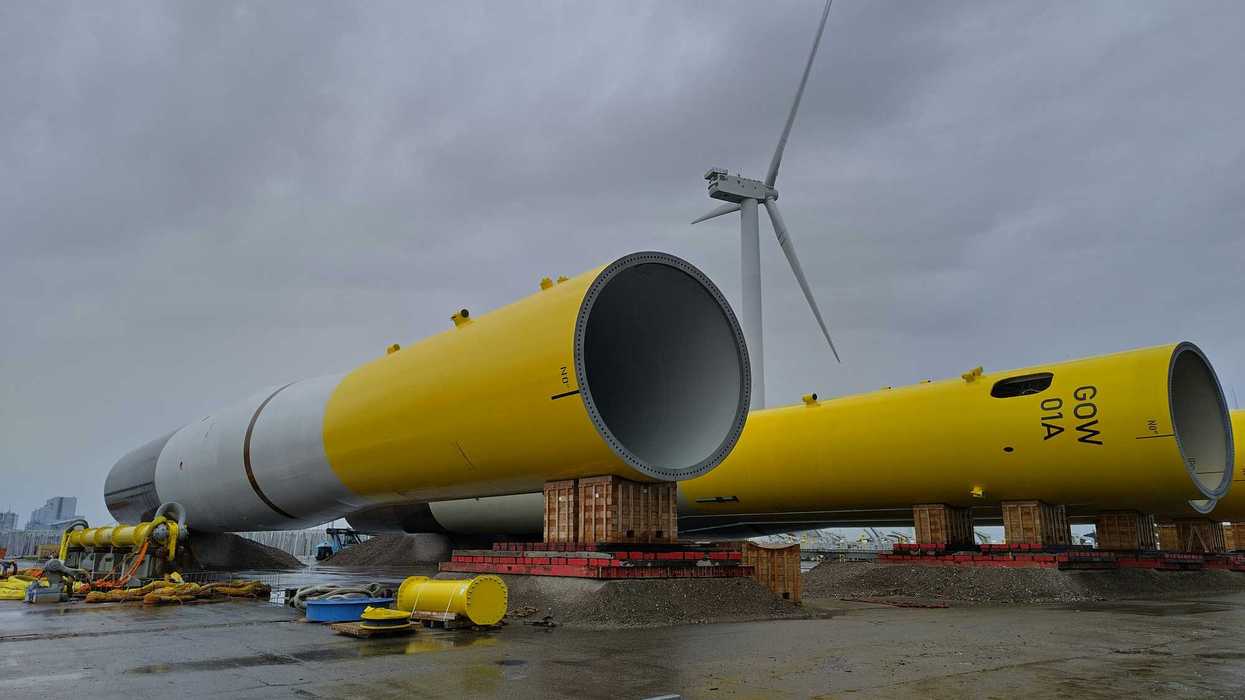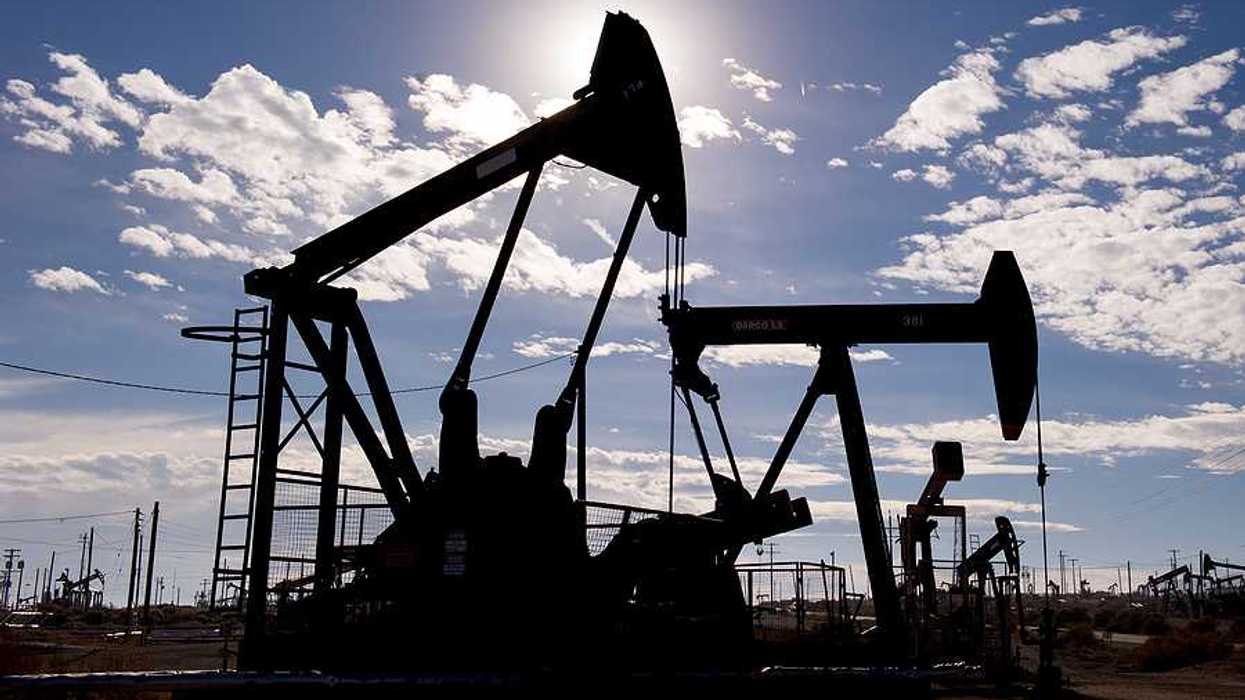Since the 1950s, fume events on airplanes have exposed passengers, pilots and crew to toxic chemicals in the cabin air, leading to health risks and safety concerns.
Monica Piccinini reports for The Canary.
In short:
- Fume events occur when synthetic engine oils and hydraulic fluids contaminate cabin air, causing acute and chronic health issues.
- Pilots like Thorsten Bush have experienced severe symptoms, requiring long recovery periods after exposure to contaminated air.
- Experts are calling for improved safety measures, including sensors, safer engine oils and formal recognition of aerotoxic syndrome.
Key quote:
“Aerotoxicity must be recognised as an occupational disease so pilots can receive the necessary medical support through a network of informed doctors. How many more people need to be injured for the airplane manufacturers to make changes?”
— Thorsten Bush, former airline pilot
Why this matters:
Exposure to contaminated air on planes can impair cognitive function and pose long-term health risks. Solutions like bleed-free air systems and stricter safety measures could protect future passengers and crew from these dangers.














